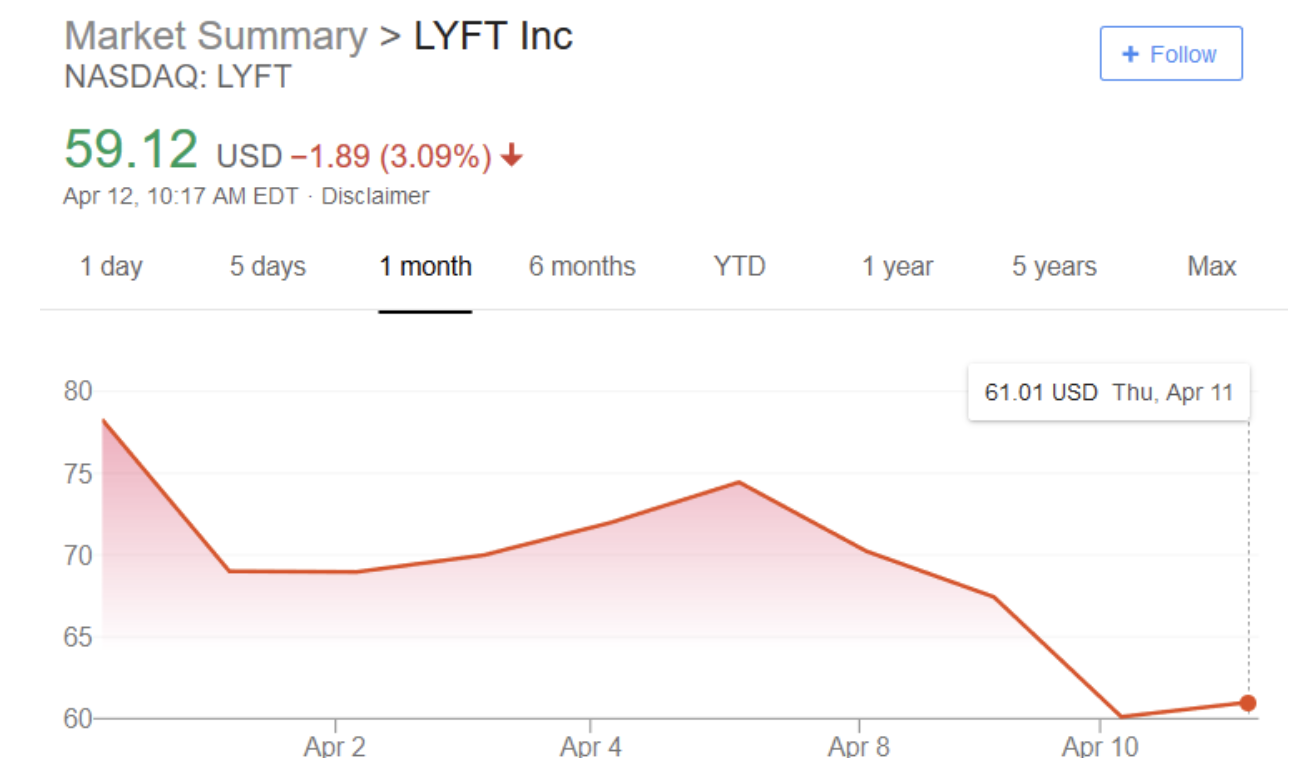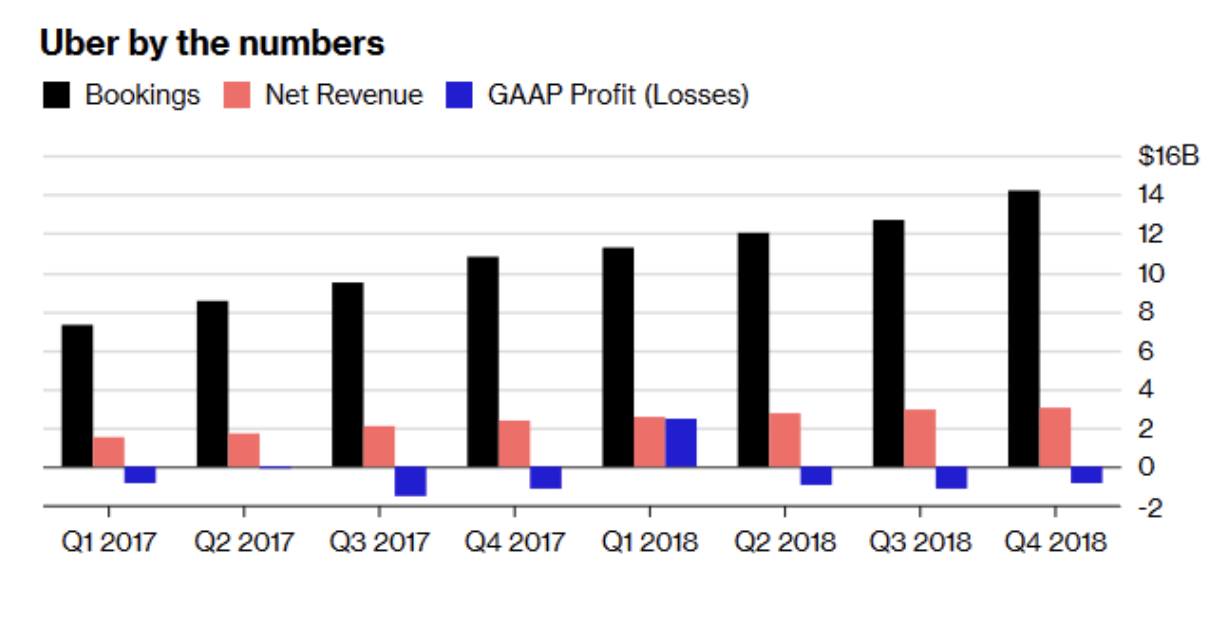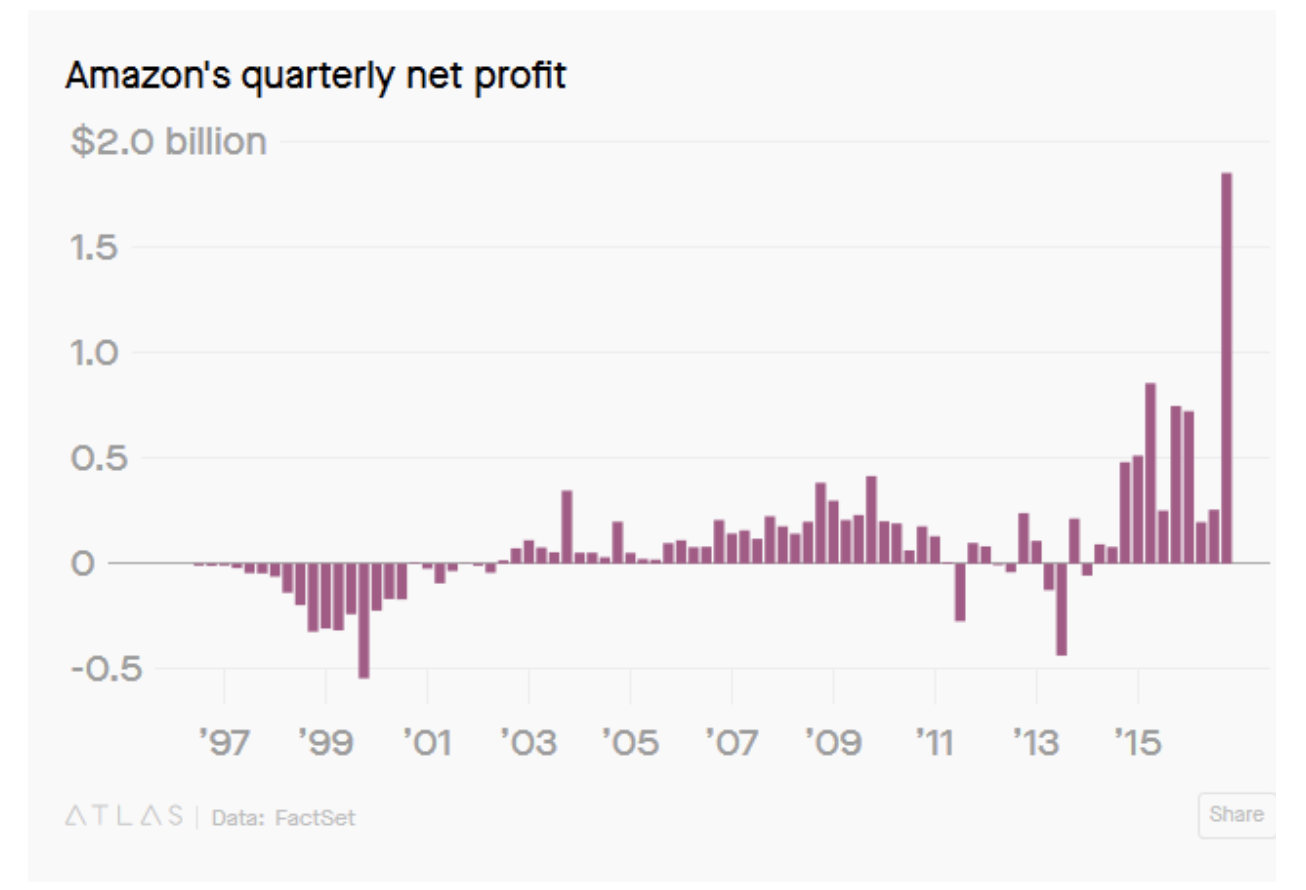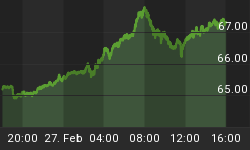Profits and profitable companies are so banal. Money-losing companies like Uber, on the other hand, are much more exciting for investors—especially if they are growing like a weed.
Nowadays, it has become almost fashionable for startups to go public while posting massive losses. Maybe that’s the reason why Uber, the world’s largest ride-sharing company, has filed a massive 300-page prospectus wherein it almost seems to revel in the fact that it might never be profitable.
Uber filed to go public Thursday, with Shira Ovide, Bloomberg’s tech analyst, describing the prospectus as “the most complex S-1I have ever read”.
In the document, Uber highlights its sprawling $11.3-billion empire. But buried deep inside is the solemn caveat: "We expect our operating expenses to increase significantly in the foreseeable future, and we may not achieve profitability.’’
This sort of boilerplate disclaimer has become alarmingly common, with a staggering 76 percent of companies that filed last year being unprofitable compared to the four-decade average of 34 percent.
Uber’s IPO is expected to value the company at $100 billion or more.
Amazon of ride-sharing

(Click to enlarge)
Source: Quartz
Investors pouring through Uber’s financials might surmise that the company has finally flipped the profit switch just like Amazon did after years of losing money. But no, Uber’s $997 million net income for last year (see above) was the result of a one-off item from the sale of some of its businesses.
Related: Hong Kong Stock Market Surges Past Japan Uber lost a staggering $4 billion in 2017, the largest loss in its 10-year history. For the five years that the startup has been reporting financial data, Uber lost a cumulative $6.8 billion. So, why is the company making such heavy losses? We can get a hint from its S-1 where it states that some of its risk factors are ‘‘unproven’’ revenue lines; unrealized cost savings from its Careem acquisition as well as ongoing losses from its subsidiary, Uber Eats.
Indeed, the company warns that revenue growth from its ventures does not guarantee future profitability: "We will need to generate and sustain increased revenue levels and decrease proportionate expenses in future periods to achieve profitability in many of our largest markets, including in the United States, and even if we do, we may not be able to maintain or increase profitability,"
There’s a method to all the loss-making madness though. At first blush, Uber does not look very much different from ride-sharing rival, Lyft, whose shares have conked since its late March IPO.
Looks though can be deceptive.

(Click to enlarge)
Source: Google
But look deeper and you find the difference. Whereas Lyft wants to strictly be a consumer transportation company, Uber is fashioning itself as the Amazon of ride-sharing. Uber is regarded as the archetypal disruptive business, with a particular disdain for playing by the rule book. According to Uber CEO Dara Khosrowshahi, Uber has barely scratched the surface when it comes to investing in tangential industries like food and logistics, implying that one day, these ‘auxiliary’ segments could one day become a big part of the company.
Or maybe even bigger. After all, Amazon started off as an online book-seller before expanding into a vast array of goods and services. Nowadays, Amazon Web Services (AWS), a business that was launched with little fanfare as the company’s side business, brings in more than 60 percent of Amazon’s total profits. Related: Newmont Shareholders Approve Goldcorp Takeover
Lyft, on the other hand, has explicitly stated that it’s not interested in these supplementary business lines.
Uber might lack profits, but is growing where it matters most to investors. The company’s top-line growth, though slowing, has remained quite impressive, with the company posting 38 percent growth during Q3 2018 and 25 percent during the final quarter of the year.

(Click to enlarge)
Source: Bloomberg
Will Uber become profitable one day? Only time will tell; but as Amazon has proven, the growth-first-profits-later model can actually work. Amazon is now making humongous profits—and paying zero tax on them to boot.

(Click to enlarge)
Source: Quartz
Google, an unlikely winner
Perhaps many investors consider Uber and Google to be sworn enemies after Waymo, Google’s parent company Alphabet Inc.’s self-driving car subsidiary, sued Uber for stealing some of its trade secrets.
Well, the two are more like frenemies. After years of wrangling, that dispute was finally settled in Waymo’s favor yet the two are unlikely to part ways any time soon. Turns out Uber not only relies heavily on Alphabet for the usual online marketing and mapping services but is also partly owned by the online advertising giant, too. Alphabet has been making lots of money off Uber-- $631 million for marketing and advertising; 70 million for infrastructure and enterprise services, $58 million for mapping services and another $1 million for “related services” over the past two years.
The icing on the cake-- Alphabet is one of Uber’s biggest early-stage investors, with a 5.2 percent stake that could be valued north of $5.2 billion.
By Alex Kimani for Safehaven.com
















